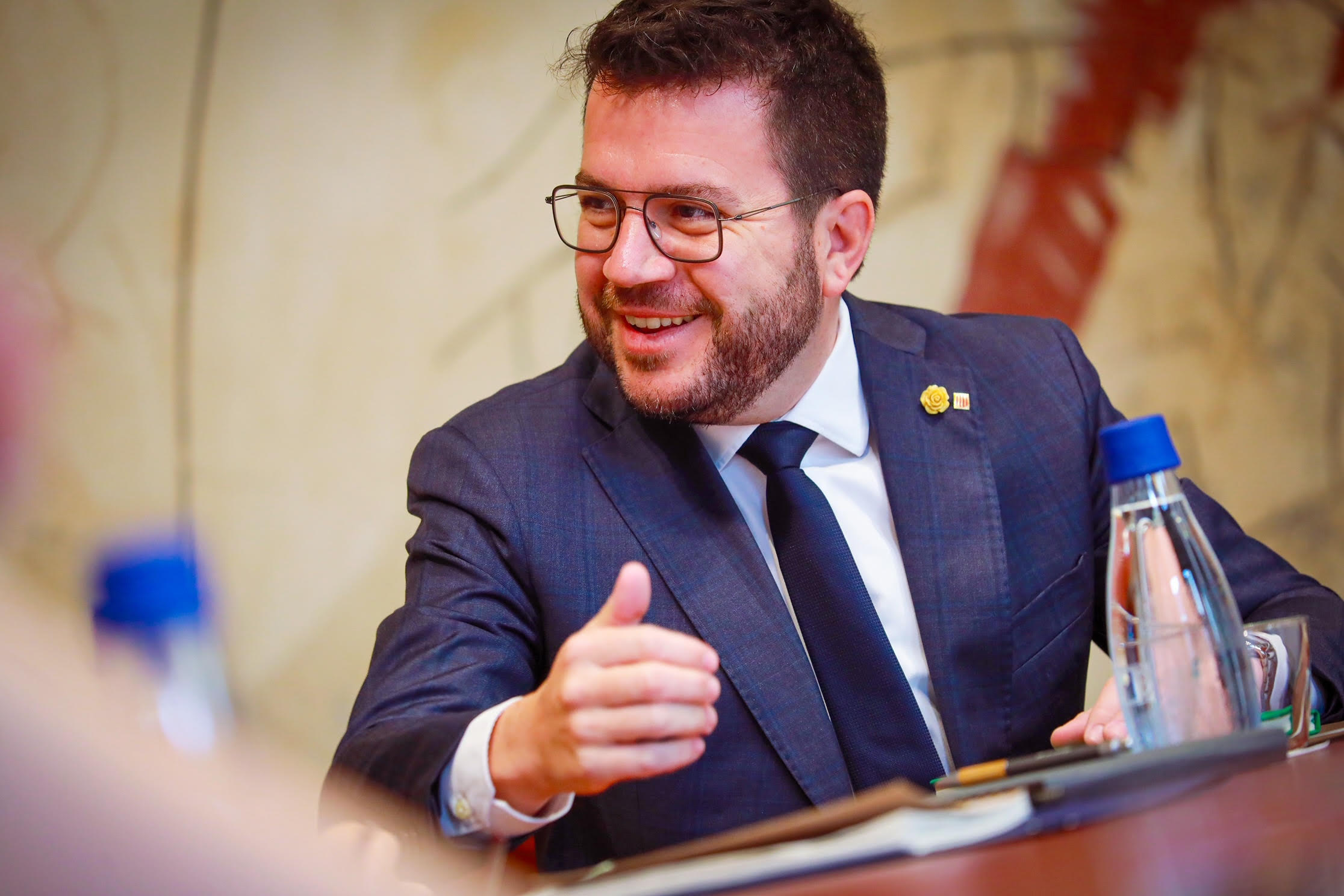The issue of Spain's financing of its autonomous communities is once again appearing on political agendas, including that of president Pere Aragonès, who has announced that he is preparing a "singular" financing proposal for Catalonia that will allow it to leave the common Spanish regime. The Catalan president announced this in a meeting after this Thursday's special meeting of his cabinet which addressed the actioning of the agreements reached for Pedro Sánchez's investiture as new Spanish PM. The executive also approved the creation of a committee to oversee the comprehensive transfer of the Rodalies rail services and tasked the ministers of presidency and justice with monitoring the deployment of the currently-in-process amnesty law. Aragonès insisted that the final objective is a self-determination referendum agreed with the state and warned that the future of the Spanish legislature will depend on the parallel completion of the agreements. "There will be many demands on the Spanish government. The legislature will go forward as a function of the progress in putting the agreements into practice," Aragonès warned.
In fact, the proposal for recognition of the uniqueness of Catalonia's institutional regime, with the concession to Catalonia of 100% of all taxes gathered in the territory forms part of the agreement reached that the Socialists (PSOE) and Together for Catalonia (Junts) signed for the investiture, but it does not appear in the proposal agreed upon by the Republican Left (ERC), whose minority government currently governs Catalonia.
However, this is the proposal made this Thursday by Aragonès, who explained that he has commissioned the Catalan department of economy to design a proposal within a period of three months to share it with economic and social players to achieve "maximum support" before negotiating with the government.
The proposal must contemplate the transfer of the management, collection, settlement and inspection of taxes paid in Catalonia; the increase in regulatory capacity in all taxes in order to adapt the tax system to the needs and preferences of Catalonia; the transfer of all the taxes collected to Catalonia, without affecting the fact that there is a contribution to the state for the services it provides in Catalonia and a solidarity quota.
Pere Macias, to lead Rodalies transfer process
Likewise, the Catalan government has approved the creation of the post of commissioner for the transfer of the Rodalies rail service, at the head of which will be Pere Macias, a former Catalan territorial minister in the 1990s under Jordi Pujol who has since held transport responsibilities with administrations of all colours in Catalonia. As well, Aragonès tasked the Catalan economy ministry with the definition of the legal mechanisms to control the execution of the investments agreed with the Spanish government, which will have to be included annually in the Spanish government budget.
The Catalan government also wants to play a role in compliance with the amnesty agreement and has tasked its presidency and justice areas with the "follow-up of the legislative procedures".
Throughout the press conference, in which all the ministers and general secretaries of the various departments of the Generalitat were present, Aragonès expressed that he was "convinced" that this legislature will be able to establish the conditions for a referendum on Catalonia's sovereignty.

